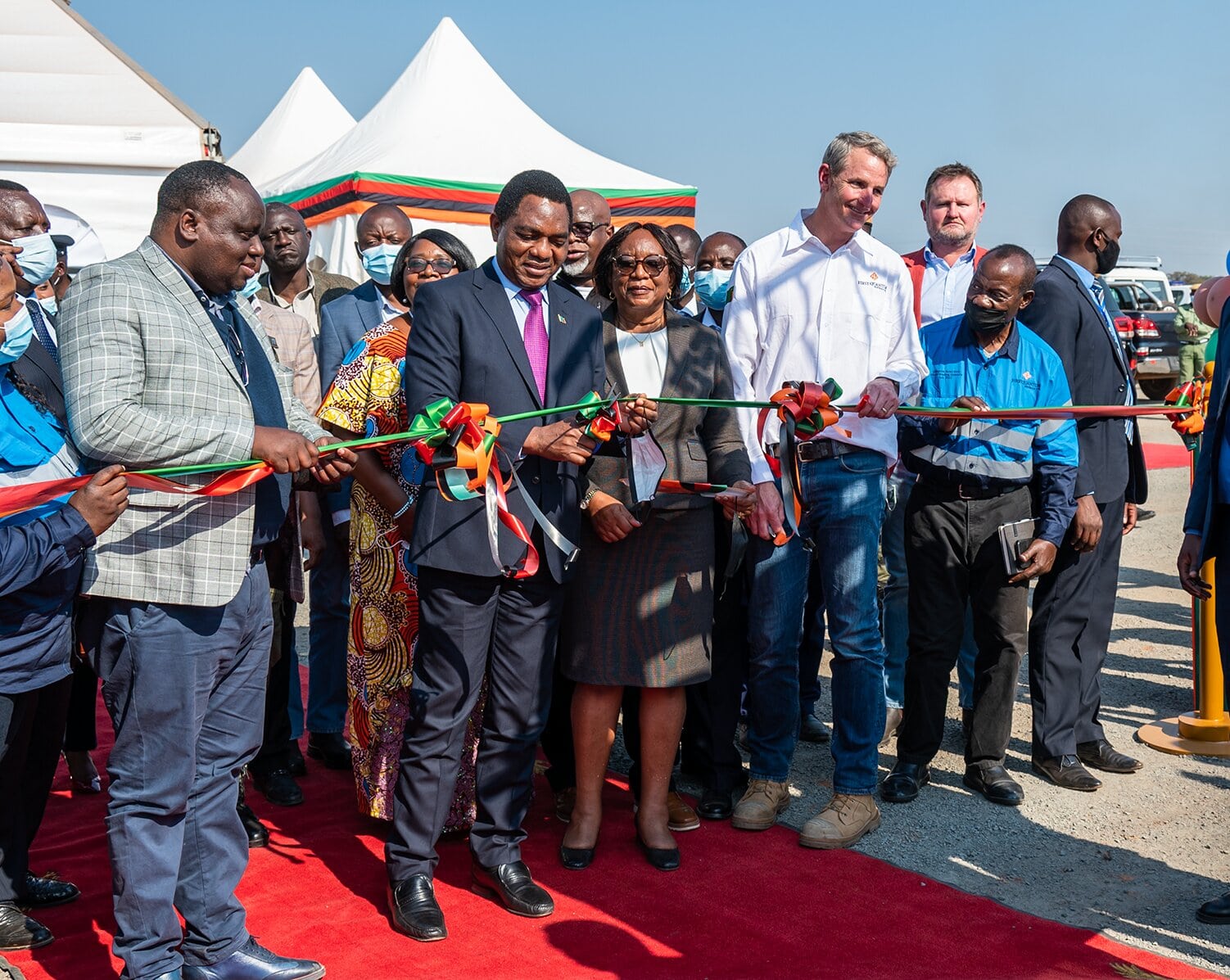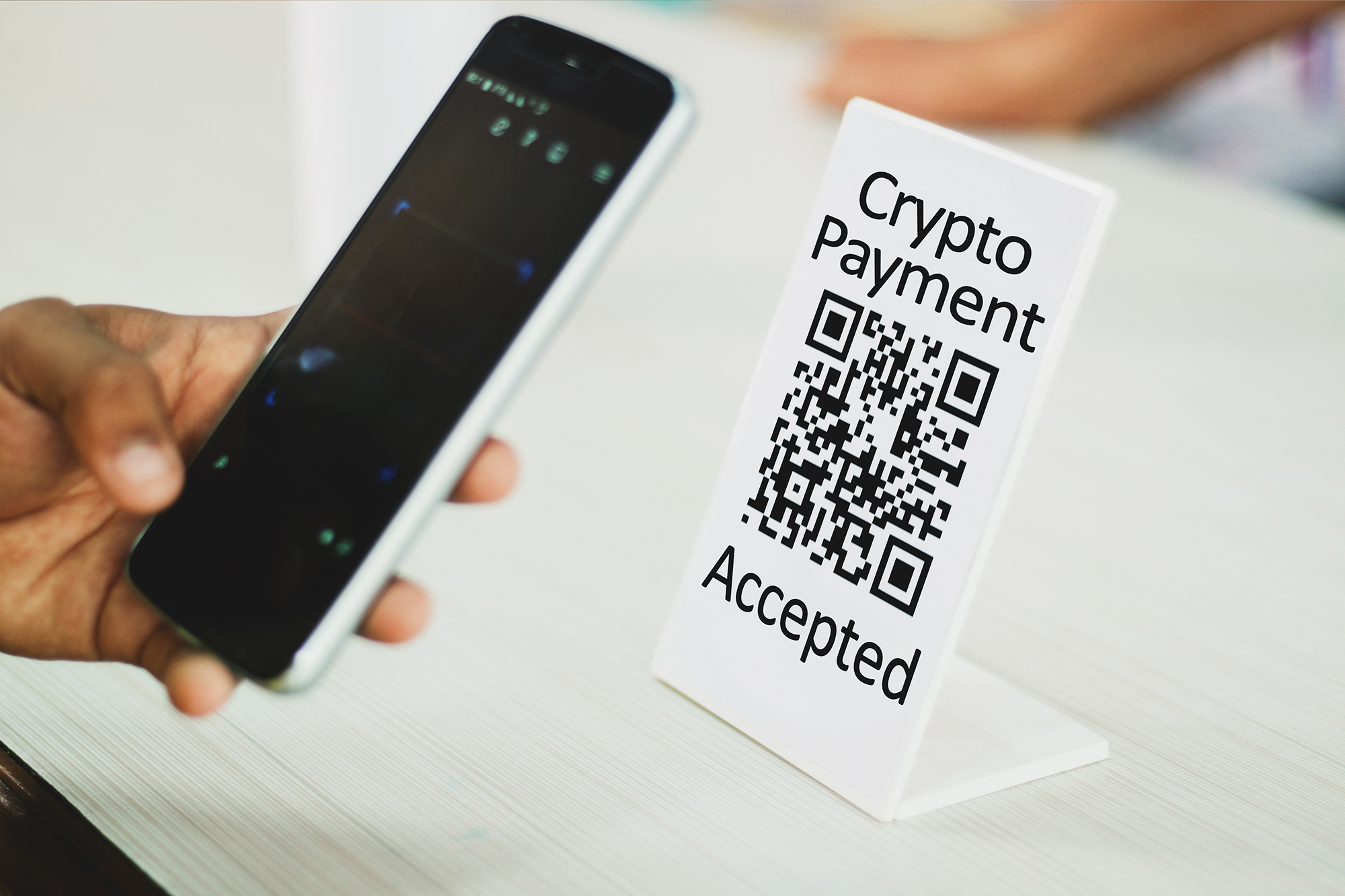Consumers around the world, Zambia included, have shown an increasing desire to use digital financial services. This has, in part, been influenced by the proliferation of affordable mobile devices.
Digital payments through platforms such as eWallet, ePay and mobile money, among others, were on the rise prior to the COVID-19 pandemic and they continue to rise as the pandemic rages.
When households have secure bank accounts and reliable channels for making payments, they are in a better position to make large purchases and to save money for future purposes. As a result, when most people in society have such financial tools available to them, businesses thrive and are more likely to invest in those communities with ease.
‘‘Digitalisation is already the future of financial services,” said Ministry of Finance Permanent Secretary Mukuli Chikuba. “Adopting advanced information technology and online business models will enable financial service companies to achieve greater scale, reduce operating costs, penetrate new markets and better understand the needs of customers.”

Many developing countries including Zambia, aim for universal access and usage of basic financial products but they have a long way to go.
Trade experts believe that quality digital financial products and services also provide cross border traders with the mechanisms to make payments and import their goods, an idea that enables them to manage their businesses in a more efficient manner.
The COMESA Business Council (CBC), a business member of the regional organisation which represents the interests of the private sector at a regional level, offers services that go beyond advocacy to actively promote business participation in regional integration, investment and global trade.
CBC Chief Executive Officer Sandra Uwera has noted that micro, small and medium enterprises (MSMEs) lack affordable and effective platforms to accommodate digital cross-border payments.
“In an effort to address this challenge, CBC’s Digital Financial Inclusion program, piloted in nine countries (Egypt, Ethiopia, Kenya, Malawi, Mauritius, Rwanda, Tanzania, Uganda and Zambia), is expected to catalyse the transition of MSMEs from a cash-dominant to a cash-lite economy, where they have access to affordable, interoperable, secure and real-time digital financial transactions,” Uwera said at the Financial Services Regulators Sub-regional Stakeholder Meeting in October 2020.
More than 40 percent of Zambian adults do not have access to quality financial products and about 60 percent of adults may have that access but do not use it, according to Zambia’s National Financial Inclusion Strategy Paper for 2017-2022.
In Zambia, especially in remote rural areas, some traders of goods and services still rely on a barter system, or use unregulated channels to make payments and store their savings through minimally regulated village banking groups, locally known as chilimba.
According to a World Bank study titled “Enhancing Financial Capability and Inclusion in Zambia,” the main reasons for this poor showing are lack of funds, high bank charges, time-consuming travel to a bank branch, and lack of trust in the financial sector.
For this reason, most financial institutions such as Atlas Mara Zambia, a large retail bank with headquarters in the capital Lusaka, recently opened two branches in the remote North-Western Province, one in Mwinilunga and the other in Zambezi districts respectively.
“We are bringing financial services to the Zambezi District after an absence of over 30 years,” said James Koni, the bank’s managing director.
In an interview with Nkwazi, Febian Matanda – a cross border trader from Mwinilunga district responded enthusiastically to this development, “Having a bank here will enable me to save and be more secure financially.”
Matanda, a supplier of pineapples at Kasumbalesa border post near the DR Congo added that by opening a bank account, he can easily get a loan and expand his business in the neighbouring countries such as Angola and DR Congo.
For Matilda Siame, another cross border trader from Livingstone feels that banks that provide their clientele with electronic access to funds making transactions easier, efficient, effective will help lessen the cost of doing business among MSMEs in the country.
“The onset of digital financial services such as mobile money, Zanaco Xpress and other online payments has really scaled-up my cross border business as I can transact at anytime and anywhere without difficulties of accessing funds from the traditional financial services such as banks,” Siame stated.
For this reason, most banks are excited to invest in information technology in a bid to reach out to unbanked populations countrywide by offering digital financial services as a way to go especially living in the era of COVID-19. Most financial institution’s key strategy is to offer a secure digital network that protects customer data from hackers and ensures that online financial transactions are safe from fraud and theft.
Atlas Mara CEO James Koni affirmed, “At the centre of our offer is our first-class digital platform. This shows our commitment to support the government’s vision for financial inclusion for all Zambians.”
Therefore, digital payment ecosystem in the ‘new normal’ would expand cross border traders market for financial solutions aligned to sustainable development goals and promote regional cooperation and governance. More importantly, digital financial services can bring more of the general citizenry into the financial system, support economic growth and promote shared prosperity.















